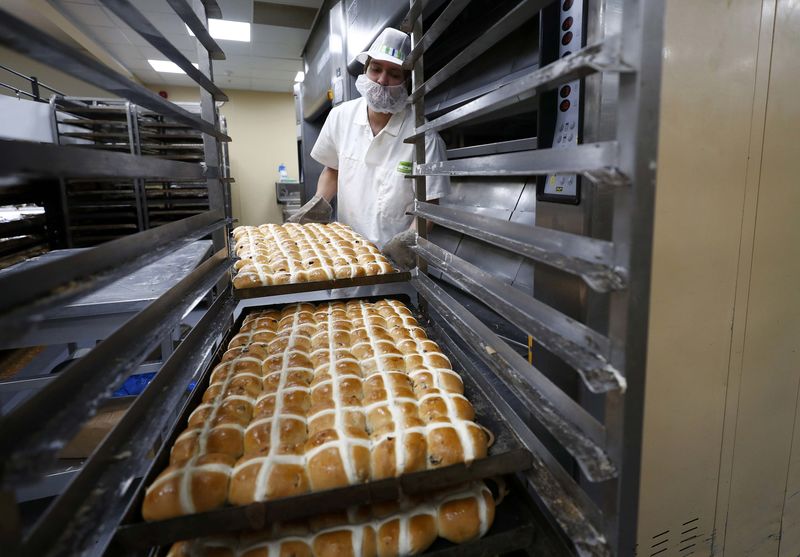By James Davey
LONDON (Reuters) - Asda, the British supermarket arm of Wal-Mart (N:WMT), said it had stemmed the pace of sales decline over the last three months, suggesting new CEO Sean Clarke's focus on pricing and product quality is starting to have an impact.
Wal-Mart veteran Clarke, who joined Asda in July, and former Sainsbury's (L:SBRY) executive Roger Burnley, who started as chief operations officer three months later, have focused on making Asda more competitive - sharpening its prices, improving the quality and availability of product ranges and enhancing customer service.
Of Britain's big four grocers, which also include market leader Tesco (L:TSCO), Sainsbury's and Morrisons (L:MRW), Asda has been most exposed to the advance of the German discounters Aldi [ALDIEI.UL] and Lidl [LIDUK.UL].
While the other three traditional groups have upped their game in recent years, Asda was slower to respond.
"We are encouraged by the early signs of our customers responding positively to the hard work that’s been happening in our stores throughout 2016, which saw us welcome over 140,000 customers back to Asda this last quarter," Clarke said on Tuesday.
Asda, based in Leeds, northern England, said sales at stores open over a year fell 2.9 percent, excluding fuel, in the three months to Dec. 31, its fiscal fourth quarter.
While that represented a 10th straight quarter of falling sales, the outcome was in line with analysts' expectations and was a significant improvement on declines of 5.8 percent and 7.5 percent in the previous two quarters respectively.
Monthly industry data has also indicated that Asda's trading continued to improve through January.
Clark was brought in after Wal-Mart announced that Asda would shift the balance of its trading strategy from protecting profit to protecting market share.
Wal-Mart's Chief Financial Officer Brett Biggs welcomed Asda's encouraging data but cautioned: "We have a lot of work to do in this market."
Asda is Britain's third largest grocery retailer but has lost over 1 percentage point of UK market share since 2014, according to researcher Kantar Worldpanel. Its share currently stands at 15.6 percent, versus more than 28 percent for Tesco.
Shares in Tesco were down 1.2 percent at 1432 GMT, while Morrisons was down 1.3 percent, with Sainsbury's down 0.9 percent.
Asda has previously said it will cut prices equating to 1.5 billion pounds of savings to the customer over five years from November 2013, washing through at about 300 million pounds a year.
Separately on Tuesday, Wal-Mart reported higher-than-expected U.S. comparable sales for the fourth quarter, driven by higher customer traffic to stores and accelerating online activity.
